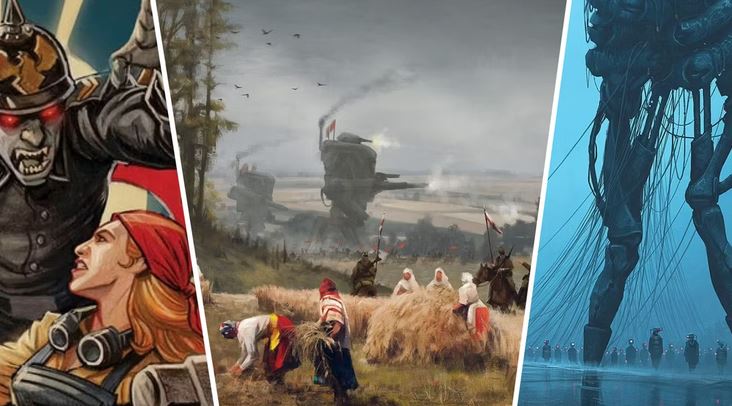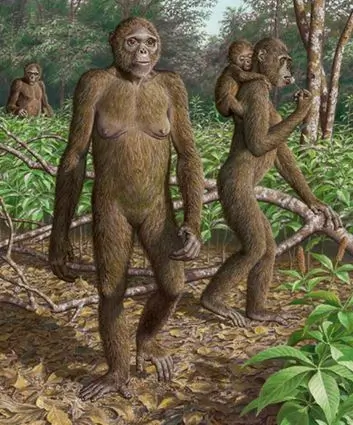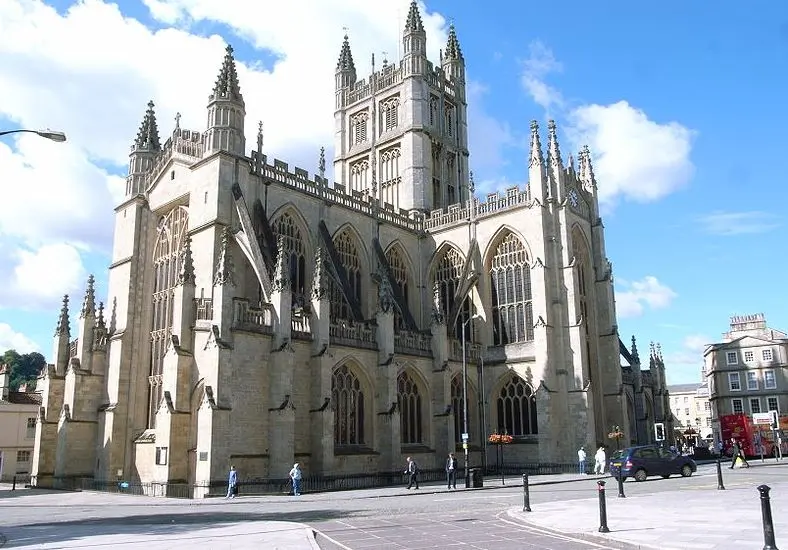Alternative history, also known as counterfactual history or speculative history, is a fascinating genre that explores “what if” scenarios—what might have happened if key events in history had unfolded differently. This genre blends historical knowledge with imagination, offering intriguing perspectives on how small changes could have led to dramatically different outcomes. This article delves into the concept of alternative history, its key themes, notable examples, and its impact on our understanding of the past.
What is Alternative History?
Alternative history is a genre that examines hypothetical scenarios and explores how different choices or events could have shaped the course of history. Unlike traditional history, which is based on factual accounts, alternative history constructs speculative narratives based on the premise of changes in key historical events.
- Definition: Alternative history imagines how history might have changed if certain events had occurred differently. It involves reimagining historical timelines, exploring the consequences of different decisions, and evaluating the potential outcomes of alternative scenarios.
- Purpose: The genre aims to provoke thought about the nature of historical causality, the significance of key events, and the complex interplay of factors that shape historical outcomes.
Key Themes in Alternative History
Alternative history often explores several key themes and scenarios, offering new perspectives on familiar events.
- Historical What-Ifs:
- Major Events: Alternative history examines what might have happened if pivotal events had taken a different course. For example, what if the outcome of World War II had been different, or if the American Civil War had ended differently?
- Decisions and Leaders: The genre explores how different decisions by influential leaders could have altered history. What if key figures like Abraham Lincoln, Winston Churchill, or Napoleon Bonaparte had made different choices?
- Cultural and Technological Divergence:
- Technological Advances: Alternative history considers how different technological developments could have changed the course of history. For instance, what if certain inventions had been developed earlier or later?
- Cultural Shifts: The genre also explores how changes in cultural or social movements could have impacted historical events. What if different social movements had gained prominence at different times?
- Exploration of Parallel Worlds:
- Alternate Timelines: Some alternative history scenarios involve the creation of parallel worlds or alternate timelines where different historical outcomes have occurred. This allows for the exploration of entirely new historical trajectories.

Notable Examples of Alternative History
Several notable works in literature, film, and academic research have explored alternative history scenarios, providing intriguing insights into how different events might have shaped our world.
- Literary Works:
- “The Man in the High Castle” by Philip K. Dick: This novel imagines a world where the Axis powers won World War II and divided the United States into territories controlled by Nazi Germany and Imperial Japan.
- “11/22/63” by Stephen King: This novel explores the consequences of preventing the assassination of President John F. Kennedy and the resulting ripple effects on history.
- Historical Fiction and Television:
- “The Plot Against America” by Philip Roth: This novel imagines an alternate history where aviation pioneer Charles Lindbergh becomes President of the United States and the country slides towards fascism.
- “The Man in the High Castle” (TV Series): Based on Dick’s novel, the TV series further explores the dystopian world where the Axis powers won World War II.
- Academic Research:
- Counterfactual History Studies: Scholars and historians sometimes use counterfactual history as a tool to analyze the significance of key events and decisions. This approach helps to understand the impact of historical contingencies on the present.
Impact of Alternative History
Alternative history serves several purposes, influencing both popular culture and academic discourse.
- Exploring Historical Contingencies: By examining alternative scenarios, alternative history helps to highlight the significance of historical events and decisions. It encourages a deeper understanding of the factors that shape historical outcomes.
- Creative Imagination: The genre stimulates creative thinking and imagination, allowing writers and creators to explore novel ideas and scenarios that challenge conventional historical narratives.
- Educational Tool: Alternative history can be used as an educational tool to engage students and readers in critical thinking about history, causality, and the complexities of historical events.
Challenges and Criticisms
Despite its engaging nature, alternative history faces several challenges and criticisms.
- Historical Accuracy: Critics argue that alternative history can sometimes oversimplify complex historical events or present speculative scenarios as plausible historical outcomes. It is important to balance creativity with historical accuracy.
- Risk of Misinterpretation: Alternative history can sometimes blur the lines between fact and fiction, leading to potential misinterpretation of historical events or misleading conclusions about their significance.
Alternative history offers a compelling and imaginative way to explore the “what ifs” of historical events. By reimagining key moments in history and considering how different choices or outcomes might have shaped the world, we gain new insights into the complexities of historical causality and the impact of pivotal events. Whether through literature, television, or academic research, alternative history challenges us to think creatively about the past and appreciate the intricate tapestry of human history. As we explore these alternative scenarios, we deepen our understanding of the forces that have shaped our world and continue to influence our future.




